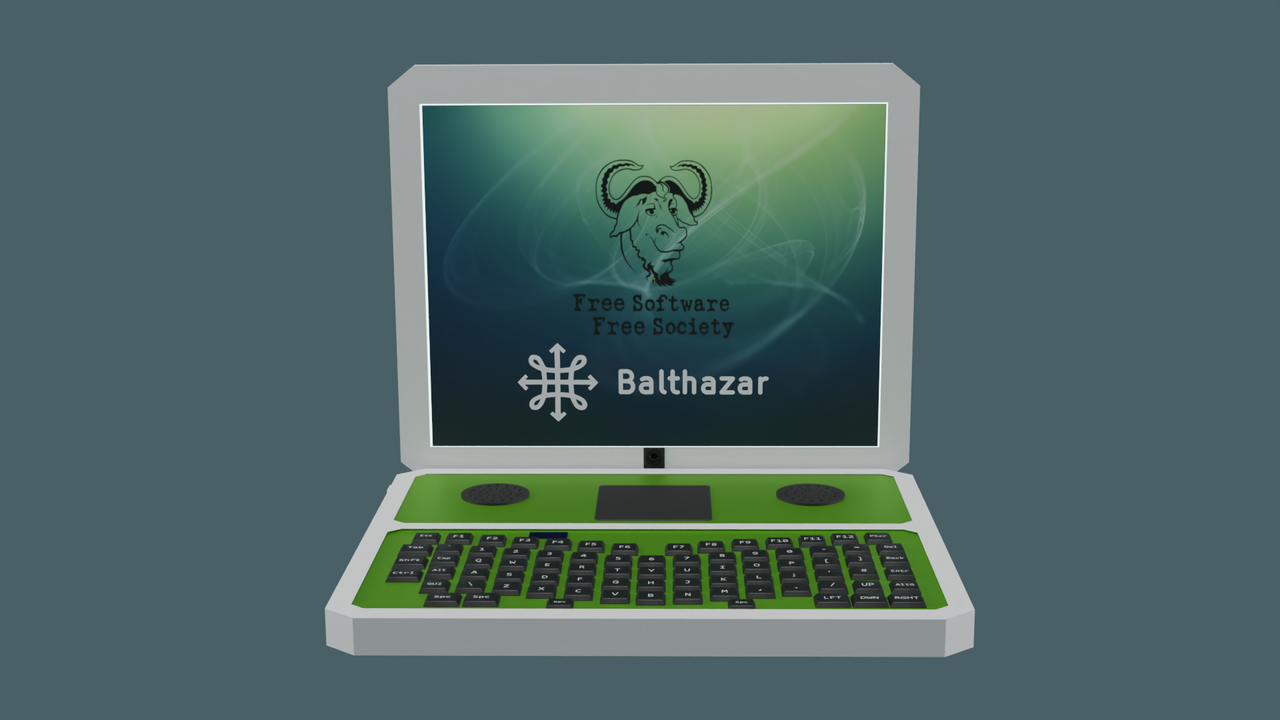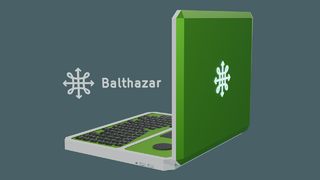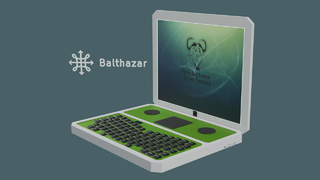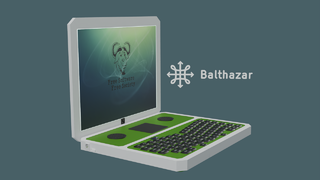Difference between revisions of "Balthazar"
| (113 intermediate revisions by 3 users not shown) | |||
| Line 1: | Line 1: | ||
| − | == <strong> | + | __NOTOC__ |
| + | == <center><strong>a Personal Computing Device</strong></center> == | ||
| + | <center><strong><big>One laptop for the new internet.</big></strong></center> | ||
| − | |||
| − | < | + | <center>Secure, fast, inexpensive, open, robust, upgradeable, and sustainable. All of that.</center> |
| − | |||
| − | |||
| − | |||
| − | < | + | [[File:P3.resized.png|center|prototype]] |
| + | <gallery mode=packed> | ||
| + | File:P1.resized.png|thumb| | ||
| + | File:P2.resized.png|thumb| | ||
| + | File:P4.resized.png|thumb| | ||
| + | </gallery> | ||
| − | + | '''BPCD''' - '''B'''althazar '''P'''ersonal '''C'''omputing '''D'''evice is a '''13.3"''' upgradable and expandable laptop that is based on a few concepts inspired by '''[https://www.crowdsupply.com/eoma68/micro-desktop/updates/2-7-5-cards-under-way-nlnet-and-intel-compute-card EOMA68]''', but powered by [https://riscv.org/ RISC-V] processor(s) open architecture or FPGA boards running emulation as a Computing Module Standard boards and other Systems on a Module that run on '''[https://www.linux.org Linux OS]''' or all of those running together with added co-processing power such as FPGA Lattice Diamond - [https://radiona.org/ulx3s/ ULX3S]. | |
| − | < | + | It contains all the hardware and continuously developing software and firmware features preventing data-theft and any unwanted 3<small>rd</small> party intrusion into the system by default. It should run default low-level security layer software based on [https://gitlab.com/cryptsetup/cryptsetup/blob/master/README.md '''LUKS''' ], [https://libreswan.org/ '''Libreswan'''] and is also envisaged to be '''[http://GNUnet.org/en/about.html GNUnet]''' ready. Its keyboard should be also inter-swappable with known x2xx ThinkPad keyboard replacement via developed adapter and a frame. |
| − | + | ||
| − | + | While being versatile and robust it also follows '''CERN OSHL''', '''GNU-GPL''', '''FOSS''', '''ISA''' and even '''CC''' guidelines. | |
| − | + | <small>What is all that FOSS and CC and OS…?</small> '''→''' [[Glossary]]<br> | |
| − | |||
| − | |||
| − | |||
| − | |||
| − | |||
| − | |||
| − | |||
| − | |||
| − | <strong> | + | <center><strong><big>'''For all children age 9-99.'''</big></strong></center> |
| − | |||
| + | Want to know more?<br> | ||
| − | + | <div style="background: #819ba3; margin: auto; column-count: 3;" class="menue"> | |
| − | [[ | + | * [[Goals]], [[Features]] and [[Specifications]] |
| − | . | + | * [[News]] |
| + | * [[FAQ|Frequently asked questions]] | ||
| + | * [[Documentation]] and [[Instruction Manual]] | ||
| + | * [[Links]] and [[Glossary]] | ||
| + | * [[Contact|Contacts]] | ||
| + | * [https://github.com/balthazar-space GitHub pages] | ||
| + | </div> | ||
Latest revision as of 11:05, 1 October 2022
a Personal Computing Device
BPCD - Balthazar Personal Computing Device is a 13.3" upgradable and expandable laptop that is based on a few concepts inspired by EOMA68, but powered by RISC-V processor(s) open architecture or FPGA boards running emulation as a Computing Module Standard boards and other Systems on a Module that run on Linux OS or all of those running together with added co-processing power such as FPGA Lattice Diamond - ULX3S.
It contains all the hardware and continuously developing software and firmware features preventing data-theft and any unwanted 3rd party intrusion into the system by default. It should run default low-level security layer software based on LUKS , Libreswan and is also envisaged to be GNUnet ready. Its keyboard should be also inter-swappable with known x2xx ThinkPad keyboard replacement via developed adapter and a frame.
While being versatile and robust it also follows CERN OSHL, GNU-GPL, FOSS, ISA and even CC guidelines.
What is all that FOSS and CC and OS…? → Glossary
Want to know more?



